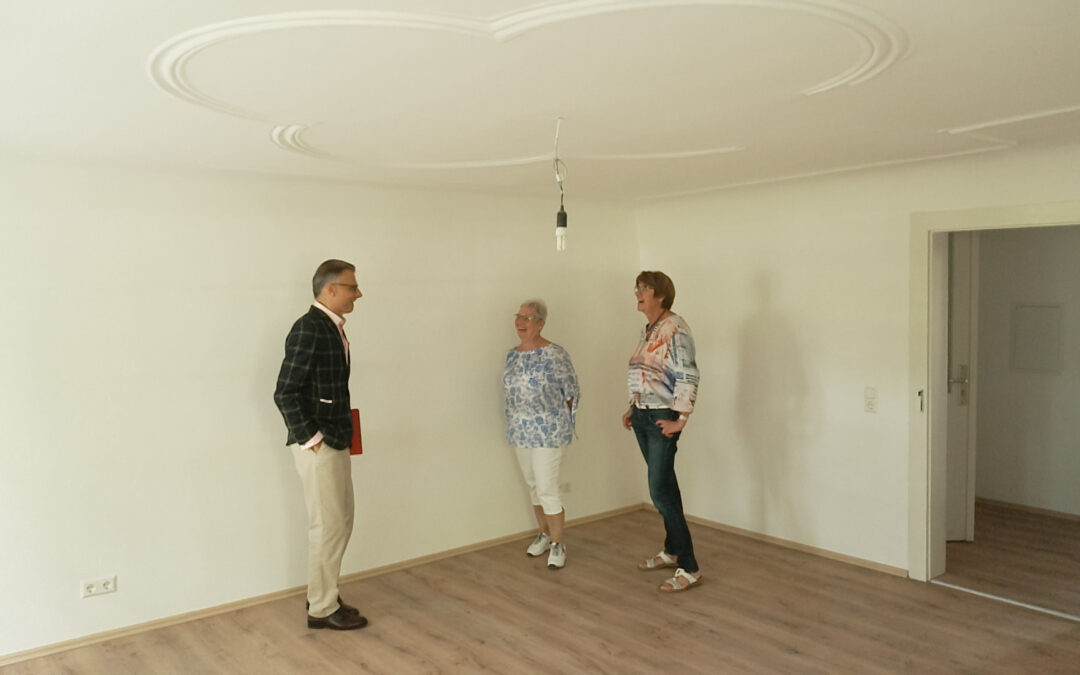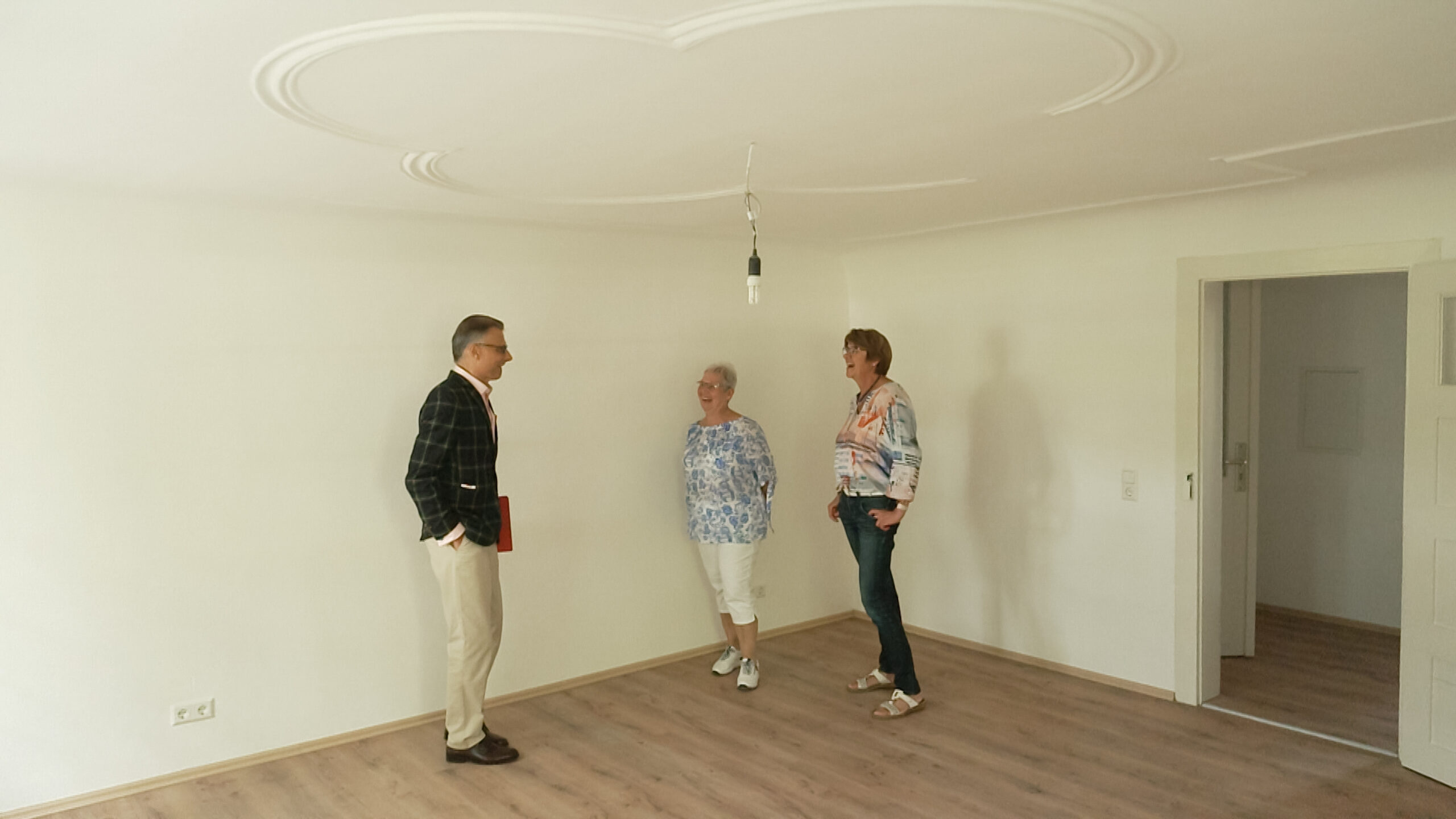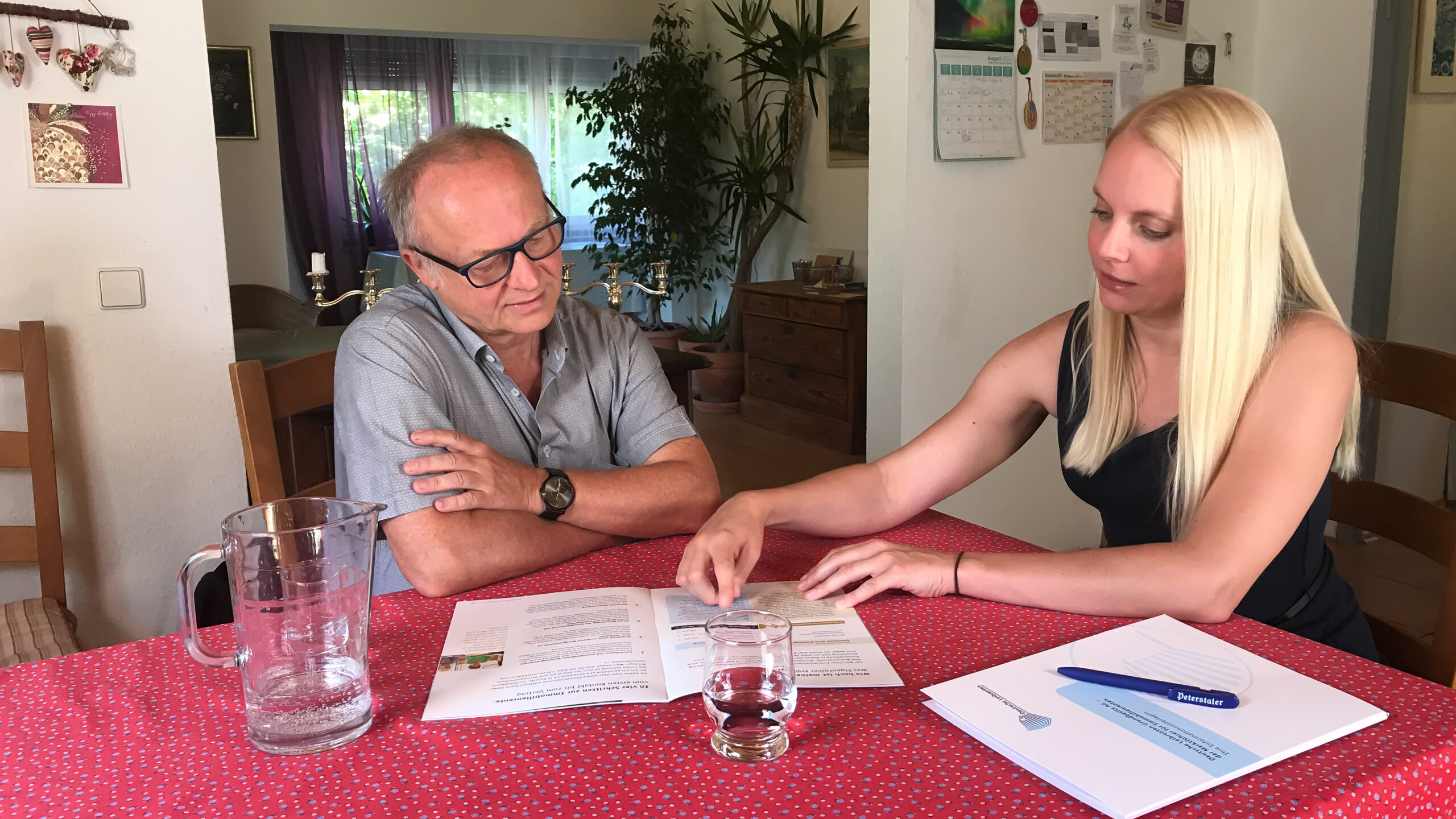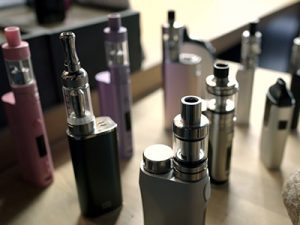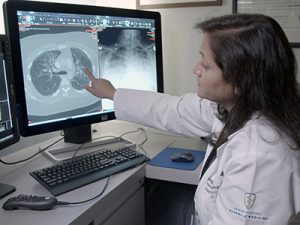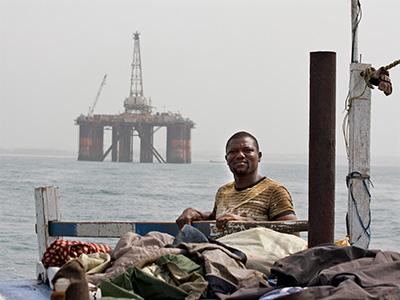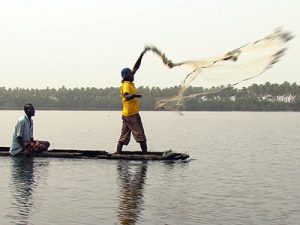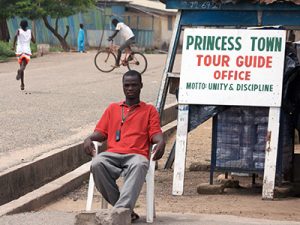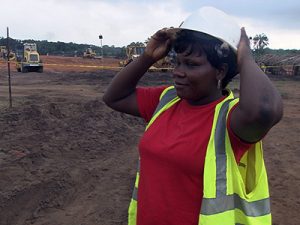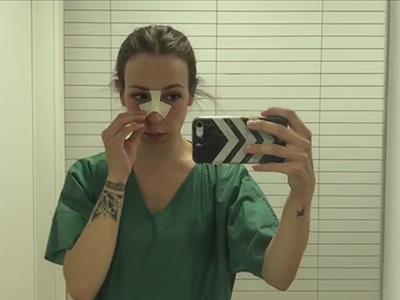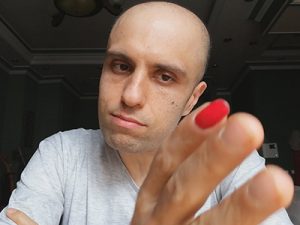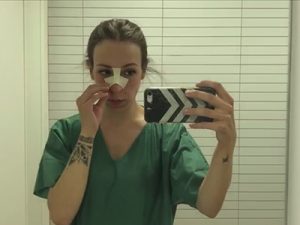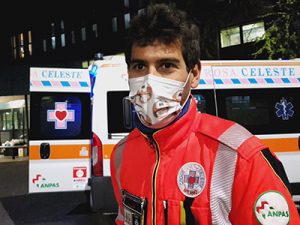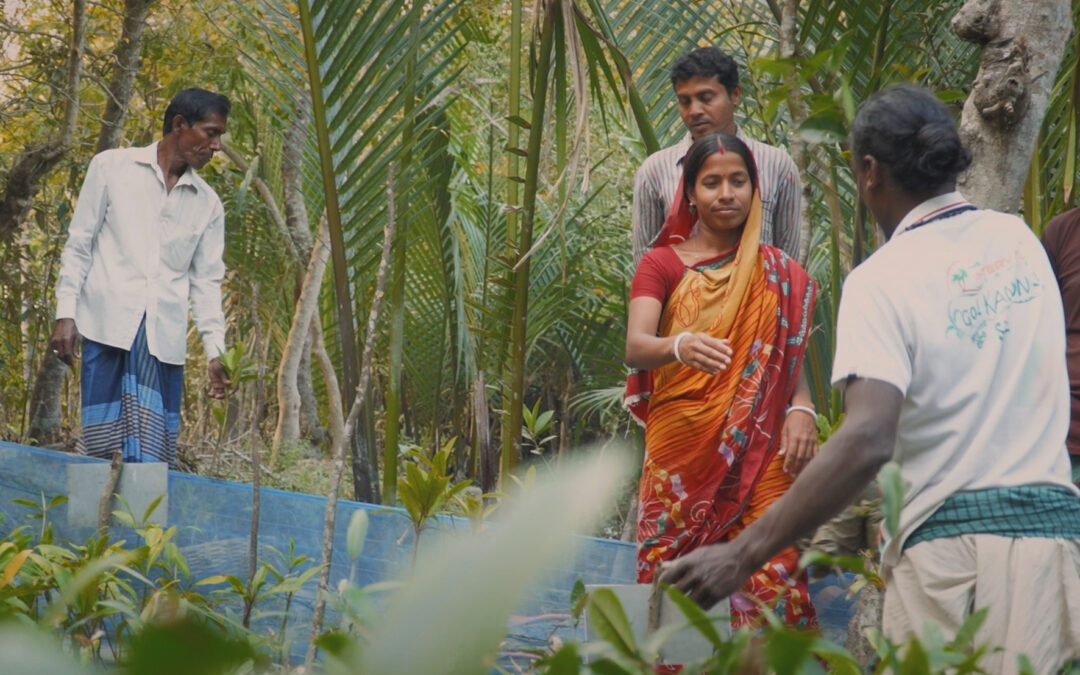
Decarbonize: Can We Cool the Planet?
Decarbonize: Can We Cool the Planet?
A Film by Marvin Entholt, 52min, 2023Our planet is getting warmer – that’s clear. But how can we cool it down? Worldwide, research is being carried out into different ways of getting climate-damaging carbon dioxide under control. The film shows eight of these methods and has three leading minds in climate research evaluate them. One is the application of ground rock dust to our fields, which is currently being tested in Bavaria. Does the natural process of weathering really bind Co2 long-term? Direct air capturing is very promising: can the huge filter systems like those in Iceland extract enough gas from the air? Or is the reforestation of mangrove forests, which is being advanced in Bangladesh, the key to lowering the temperature? Or is it products made from algae, produced in a climate-friendly way, that will bring us a decisive step forward? Still others rely on pyrolysis, which binds greenhouse gases in biochar that end up as fertilizer on our soils or are mixed into concrete as a cement substitute. Can this help the climate-damaging construction sector to reduce CO2 emissions? Or is building with wood the key?
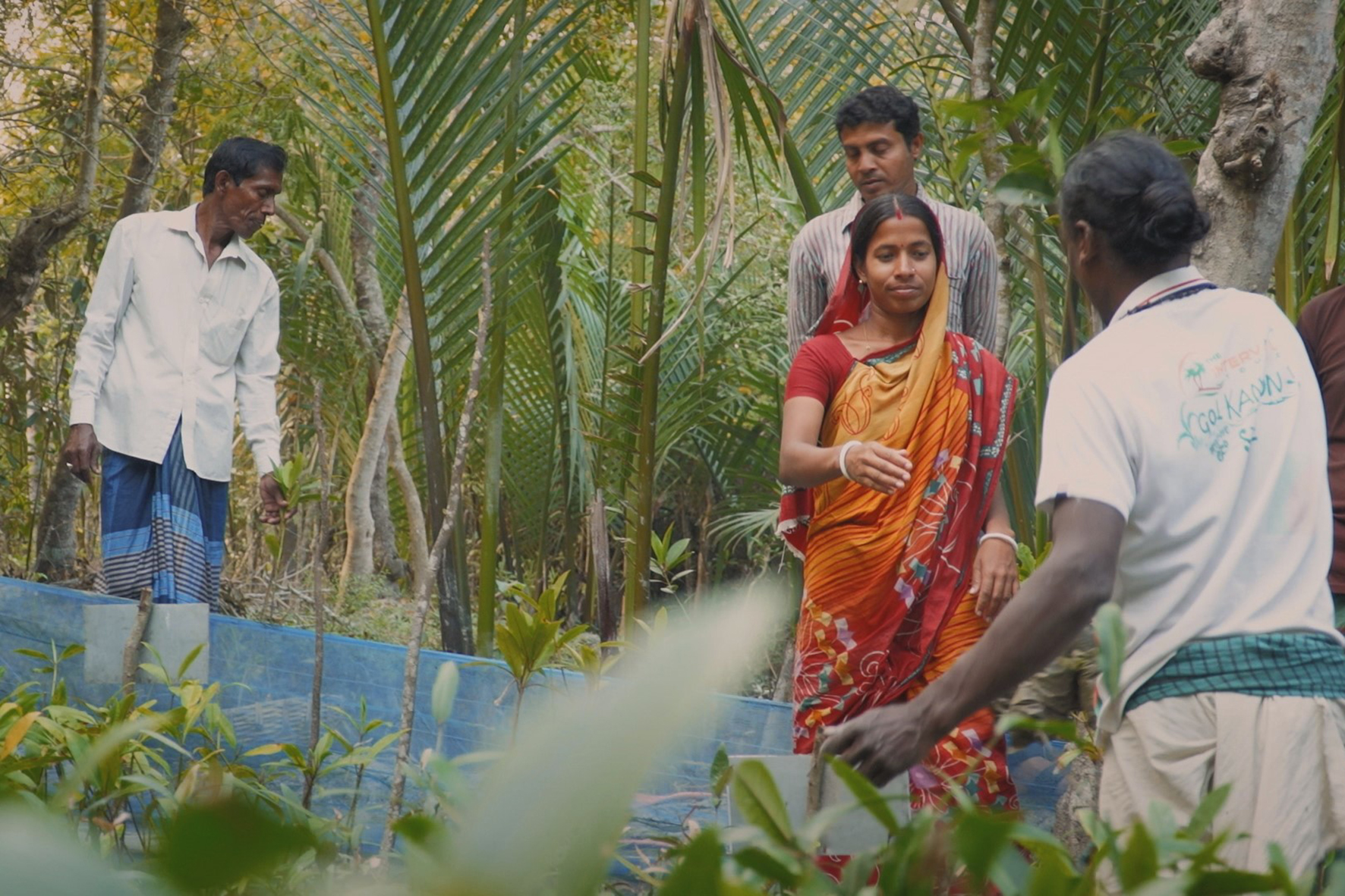
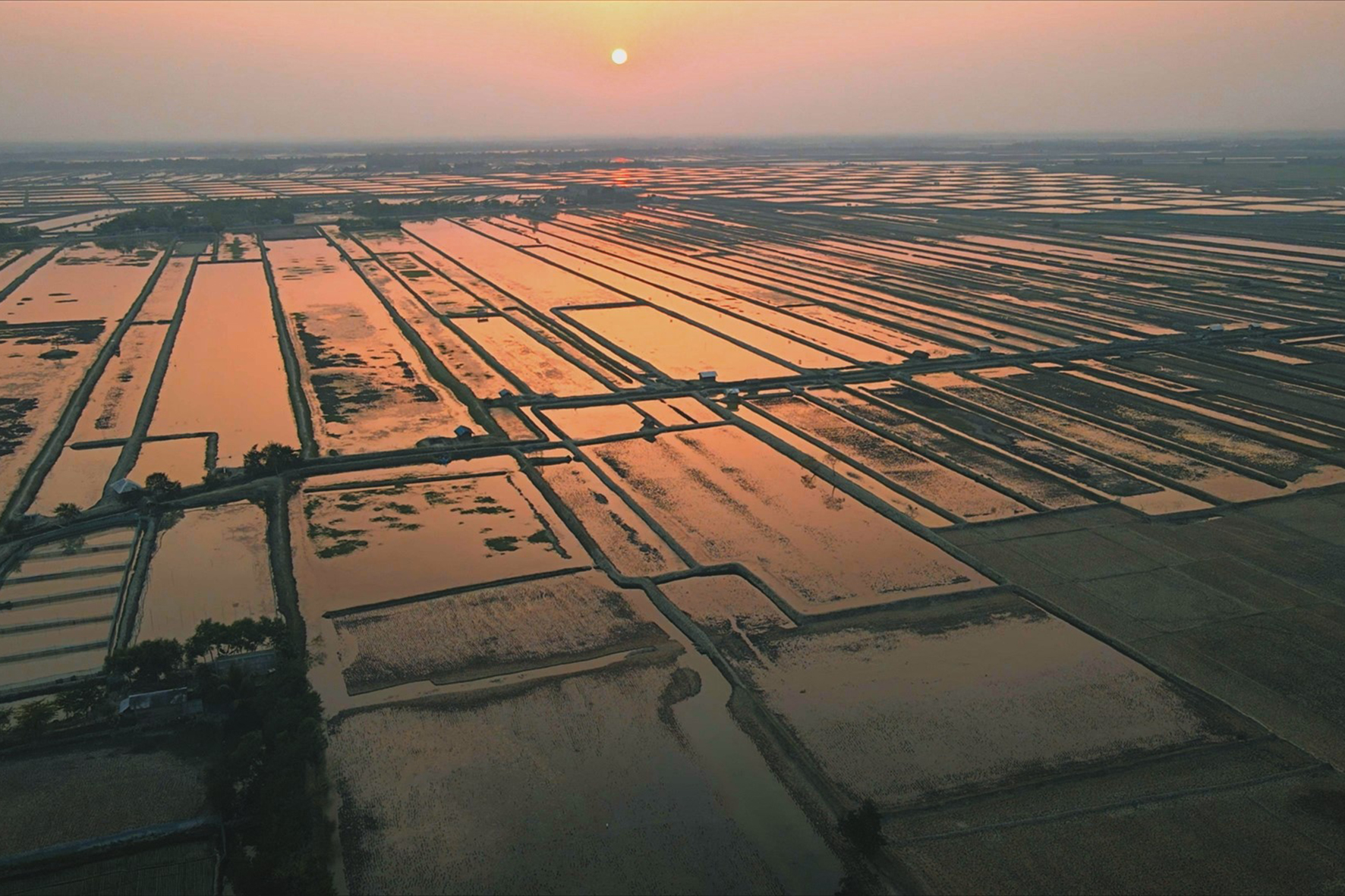
Each of these methods offers advantages, yet none is without its pitfalls. But which ones are promising, which ones are still too vague? Three climate researchers evaluate the methods for us: Prof. Jan Minx from the Mercator Research Institute on Global Commons and Climate Change (MCC), the US American, Prof. Jennifer Wilcox from the US Office of Fossil Energy and Carbon Management, and Prof. Julia Pongratz geoscientist at the Ludwig-Maximilians-Universität in Munich.
“Decarbonize” is an inventory of the options that humanity currently has at its disposal to cool the climate. It clearly shows how urgent the need for action is and – it gives hope. We can still suceed.



